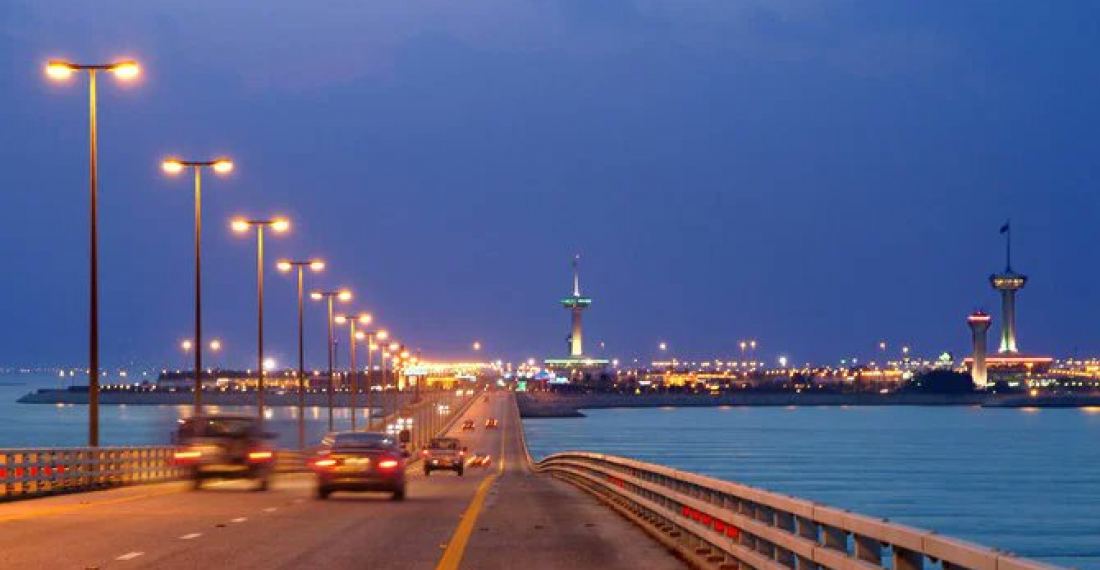Bahrain expects a quick return to pre-pandemic levels in tourist arrivals when the Gulf island nation reopens the King Fahd Causeway which links it to Saudi Arabia.
The causeway was scheduled to open on 31 March, but that has now been delayed to 17 May. The causeway has been closed since 8 March of last year.
Like many countries in the region, Bahrain has faced a steady rise in COVID-19 infections in the winter months. In mid-November, the figures were 114, but had risen up to 649 by 14 February.
A suspension of international flights is also likely to end on the same date, allowing passengers to enter by road, air and sea offering a billion-dollar financial boost to the economy, according to experts' predictions.
“Bahrain and Saudi Arabia have had longstanding tourism and trade ties, with trade between our two countries growing 43 per cent during the third quarter of 2020,” said Dr Ali Al Moulani, president of the Bahrain Economists Society.
The causeway’s scheduled reopening follows a trade boost from the United States after the announcement of a new free trade zone in Bahrain to enhance bilateral relations.
The zone will ease export operations along the causeway and allow US companies in Bahrain to operate goods-exchange activities. In 2019 trade between the two nations was worth $2.45 billion with an additional $1.5bn of trade in services.
The King Fahd Causeway was opened in 1986, and today it is one of the busiest land border crossings in the Middle East. An estimated 390 million passengers have used the bridge since its opening. The crossing is particularly popular with young Saudis who often travel to Bahrain for the weekend because the island has a much more relaxed social atmosphere.
To facilitate travel and customs regulation, high-tech artificial intelligence scanners have been installed in the bridge by Bahraini Customs to allow for automated data collection of those crossing into the country. It allows customs officials to conduct shipment inspections with ease prior to reaching the border.







